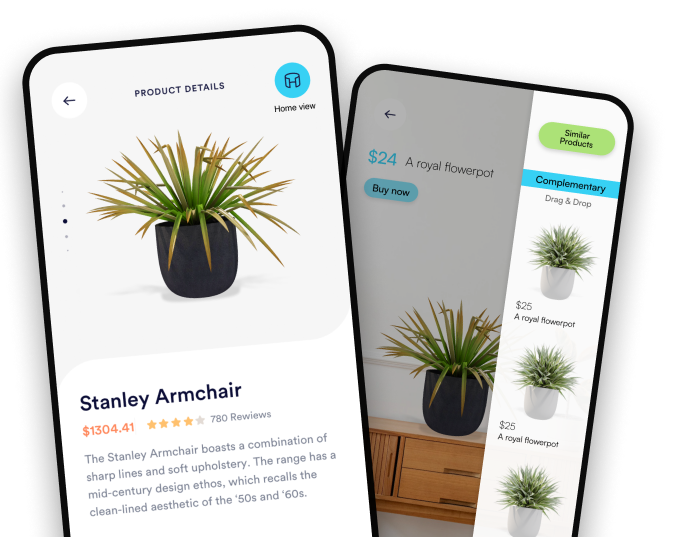The definition of fixed assets states any asset that the firm purchases for more than one accounting period or administrative purposes or rental to others. Still, however, it is mentioned that this equipment will be used for the administrative team, and hence the purpose will be for administrative purposes. Furthermore, this https://avhosting.us/practical-and-helpful-tips-2/ equipment will be used for more than one accounting period since its planning to expand business in Italy, and further, a new corporate office is also opened.
Accounting for Disposals
On a balance sheet, fixed assets fall under the category of ‘non-current assets’. This is fitting because they provide value to a business over a long period, usually several years. These real-life examples demonstrate how fixed assets play a crucial role in supporting operations, maintaining productivity, and driving revenue generation across various industries. Examples of fixed assets include land, machinery, vehicles, furniture, computer equipment, buildings, and other equipment.
Long-Term Investments
These assets are not intended for resale and are expected to benefit the business over one accounting period. Here is the example of how fixed assets are classify in the balance sheet of the company. This group of assets is not reported as expenses when the entity purchases them. That means the fixed assets could only be depreciated and charged as expenses only if they are ready for use. Fixed assets like machinery and buildings are essential for producing goods, providing services, and housing employees, enhancing overall operational efficiency.
- Join millions of self-starters in getting business resources, tips, and inspiring stories in your inbox.
- If your business has fixed assets, sound accounting standards can fill in as a manual for properly representing these long-haul goods on your bookkeeping records.
- These assets, which are often equipment or property, provide the owner with long-term financial benefits.
- However, the value of the building, $15 million, will be reported as a fixed asset on the balance sheet.
- Fixed assets, also known as capital assets, are long-term resources held by a company for business operations.
Asset Management for the Food Industry: Why is it so important for this sector?
- As per IAS 16, the fixed assets or PPE should be initially recognized at cost.
- Current assets are listed first, followed by fixed assets, in line with the principle of liquidity preference.
- They are expected to be used by an entity with more than one year accounting period.
- The annual depreciation would be $464, calculated by subtracting the cost of the asset ($2,280) from the salvage value ($500) and dividing it by five years.
Think of your car, for example—it lost value as soon as you drove it off the dealership’s lot. Vehicles that you https://bicyclepotential.org/blog/understanding-the-process-and-benefits-of-the-cycle-to-work-scheme use for business purposes can be considered a fixed asset. It is highly recommended to take advice from your accountant while calculating the value of fixed assets. If you want to manage it on your own, you can try ProfitBooks accounting software. Lets consider that ABC firm plans to purchase an office worth 20 lakhs rupees. The building has a physical shape, will last longer than a year, and creates income, making it a fixed asset.
Why fixed asset management is a strategic decision
One of the most commonly used methods is the straight-line depreciation technique. This method spreads the cost of the asset evenly over its useful life, making it simple to apply and easy to understand. For instance, if a piece of machinery costs $100,000 and has a useful life of 10 years, the annual depreciation expense would be $10,000. This approach provides consistency in financial reporting, which can be beneficial for long-term planning and budgeting. Fixed assets are used for business operations to generate income and are held for the long term. Thus, these assets are not held for immediate resale and are intended to benefit the organization for more than one reporting period.
CPCON Group is a global leader in asset management, fixed asset control, and RFID technology. With over 25 years of experience, we have supported major companies such as Nestlé, Pfizer, Scania, BASF, Coca-Cola Andina, Vale, Vivo, Petrobras, and Caixa in high-complexity projects. A proper classification avoids tax errors, supports audits, and ensures that managers see the real value of their business infrastructure. For multinational companies, this clarity is also key to aligning local practices with international standards like IFRS and US GAAP. Asha builders are on the verge of completing the construction of buildings at the remote site, which they started five years ago.
Disposal of Fixed Assets
The quick ratio excludes less liquid assets like inventory, offering a stricter test of financial health. Companies may choose methods like straight-line, declining balance, or units of production. The straight-line method allocates an equal expense over the asset’s life, https://www.imgzone.info/smart-tips-for-finding-8/ while the declining balance method accelerates depreciation.
